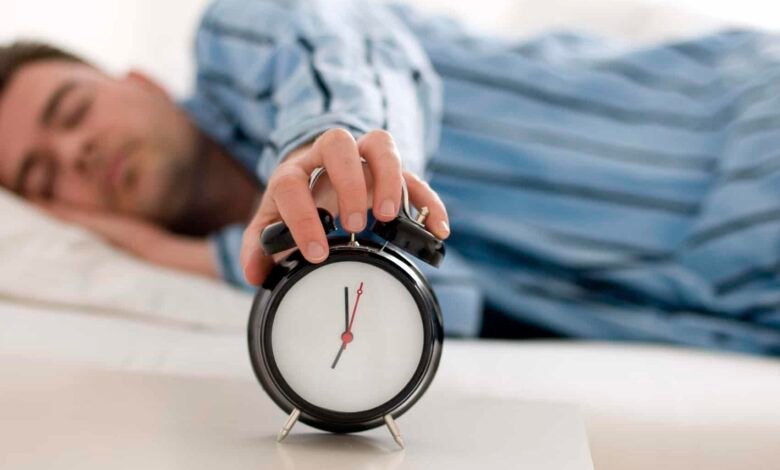5 ways to avoid sleepiness

Almost everyone has days when they feel sleepy.
But for some people, excessive sleepiness actually interferes with daily work, childcare, and even leisure time.
This is known as hypersomnia, recurrent sleepiness that makes people want to nap several times during the day, even while at work.
Not surprisingly, the daytime sleepiness problem usually starts at night.
Even just a few nights of sleep deprivation, or chronic sleep deprivation can slow you down and sour your mood.
Bad sleeping habits are often the cause of daytime sleepiness. To get rid of dizziness, try these five steps to improve sleep at night to avoid daytime sleepiness.
Get enough sleep at night
This may sound obvious, but many of us deprive ourselves of an hour or two nightly sleep in order to have time for other things.< /p>
Most adults need 7-9 hours of sleep a night, and teenagers usually need a full nine hours. Get eight or nine hours of sleep every night.
Beware of distractions in bed
“Keep your bed just for sleep and sex,” says Dr. Avelino Verkeles, assistant professor at the University of Maryland School of Medicine and director of the Medical sleep studies.
“You should not read, watch TV, play video games, or use a laptop or smartphone in bed.”
Do not settle the accounts of your family budget, do not have heated discussions in bed with your partner. They can leave yousleepless.
Fix a specific wake-up time
People who have trouble sleeping are often advised to go to bed and get up at the same time every day, including Saturdays and Sundays.
But randomly determining the ideal bedtime can lead to frustrations if you suffer from insomnia and already have problems falling asleep, says Dr. Barry Krakow, medical director of Maimonides Sleep Arts and Sciences Ltd in Albuquerque, New Mexico, and author of research on healthy sleep.
Instead, Krakow suggests starting by first setting a fixed wake-up time.
“Stick to this hour for the first few weeks or even months to establish a rhythm,” he says. “This process of getting up at the same time helps establish the circadian rhythm.”
Gradually learn to go to bed earlier
Another approach to setting a biological rhythm is to try going to bed 15 minutes earlier each night for four nights.
After that, it will happen on its own as your body will get used to it and adjust its schedule on its own. This usually works better than suddenly trying to go to sleep a whole hour earlier.
Eat regularly and wholesomely
Regular mealtimes, not just fixed bed and get up times, help regulate our circadian rhythms rhythms.
Have a healthy breakfast and a timely lunch instead of grabbing a donut and coffee in the morning or late afternoon on the go and eating your lunch sandwich.
The diet also prevents daytime energy deficits that worsen your sleepiness state. Plan to end the day with your last meal 2-3 hours before bed.



